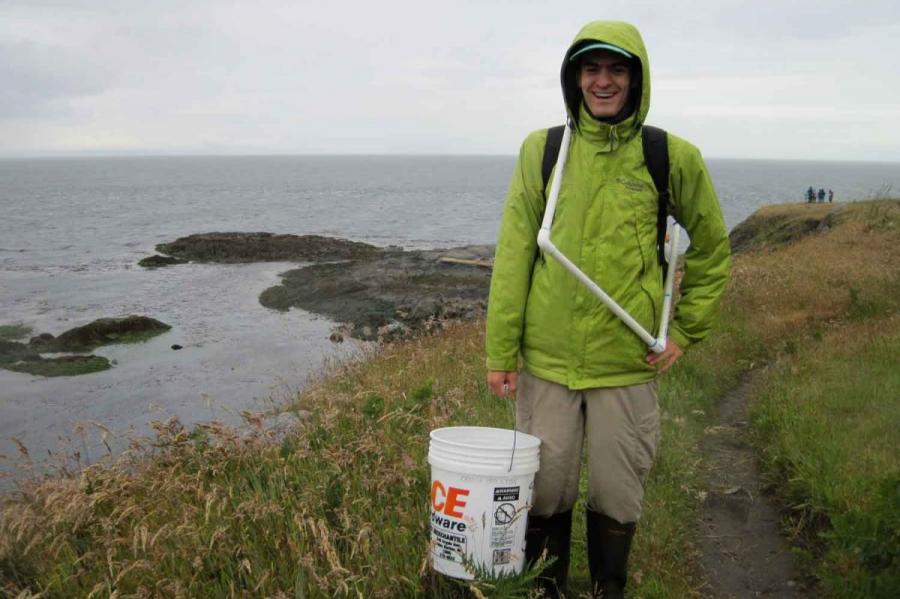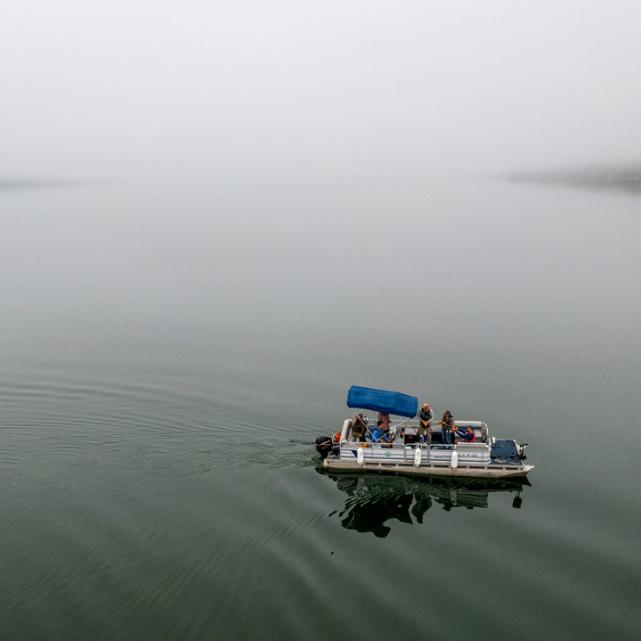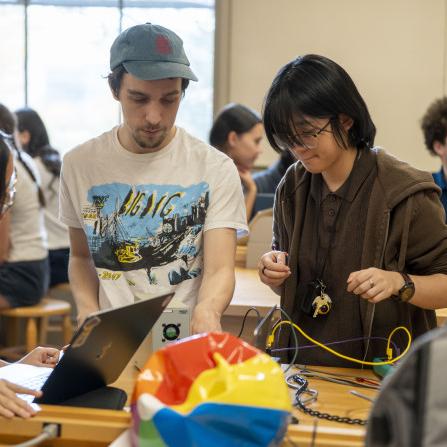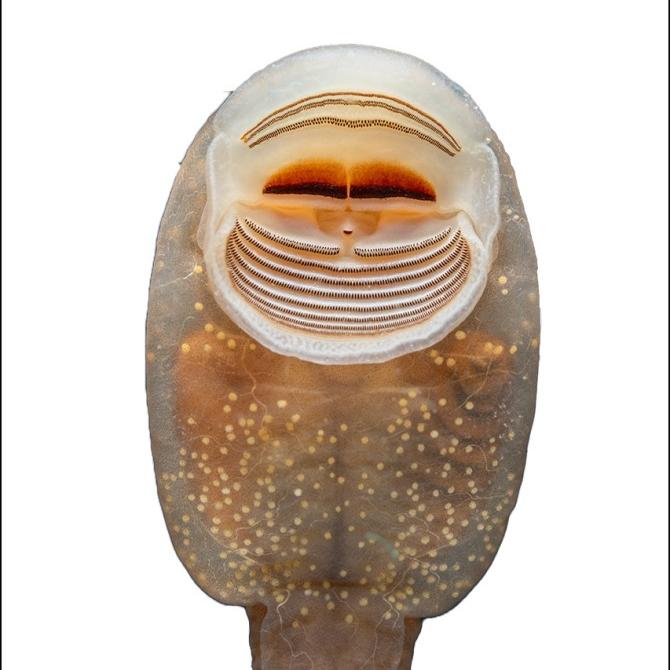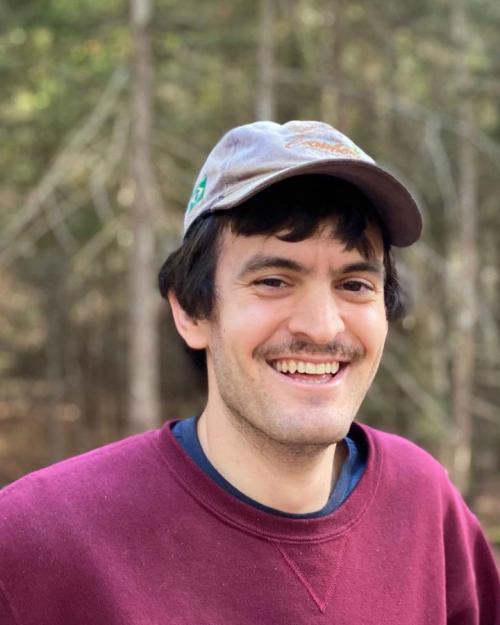Gregor-Fausto Siegmund, a doctoral student in the Department of Ecology and Evolutionary Biology, was recently awarded the Ecological Society of America’s Katherine S. McCarter Graduate Student Policy Award.
The award provides graduate students with the opportunity to receive policy and communication training before they meet lawmakers. Students meet virtually in April to learn about the federal legislative process and science funding, hear from ecologists working in federal agencies and meet with their members of Congress on Capitol Hill. The Congressional Visit Day offers award recipients the chance to interact with policymakers and discuss the importance of federal funding for science and the need for research relief for the biological and ecological sciences.
“Early careers scientists who are passionate about understanding and contributing to the world of policy are needed now more than ever,” said ESA President Kathleen Weathers “ESA is delighted to offer this opportunity for graduate students to engage with policy and policy makers.”
Siegmund studies plant populations and uses demographic tools to investigate patterns of geographic variation in life histories. He works with Professor Monica Geber, studying Clarkia xantiana in the southern Sierra Nevada Mountains of California.
“I'm fascinated by how plants deal with variability and uncertainty,” he said. “If you're a plant, you're literally rooted in place but the world around you is constantly changing. What influences decisions about germination or flowering when there's a drought one year and record rainfall the next? Answering these questions can tell us about which factors—say, temperature or rainfall—that organisms respond to and what might matter under climate change.”
He is broadly interested in how quantitative methods are applied and used in research and management and said the ESA program will help him to connect his graduate training with a stronger understanding of the role of science in a democratic society.
“I'm excited to better understand how the federal government funds and supports ecological research, learn how scientists can contribute to government priorities, and get a better sense of how science operates in the public sphere,” he said. “Graduate school has been a unique chance to develop research skills, and I'm excited to think about whether I can apply those skills in a public service career.”
Siegmund also received a graduate research fellowship from NSF and a Presidential Life Sciences Fellowship from Cornell. Before graduate school, he did fieldwork at Mt. Rainier National Park and in Trinidad and Tobago. He has a B.A. in biology with a specialization in ecology and evolutionary biology from the University of Chicago.
Click here to see a Flickr album with photos of this year’s award winners.

